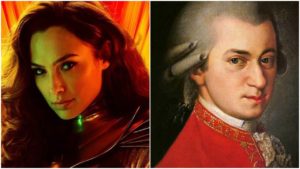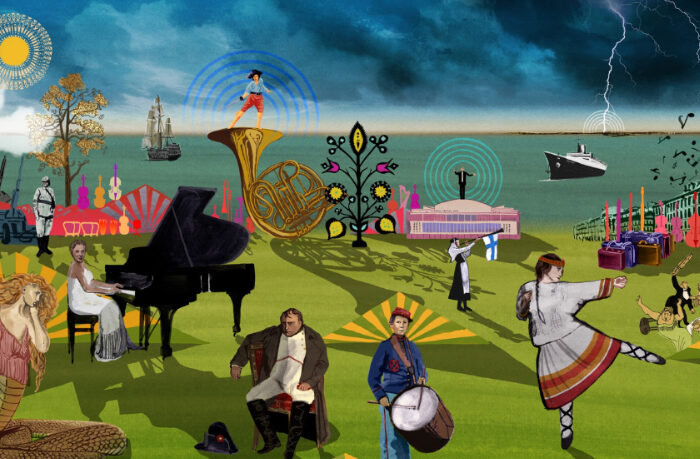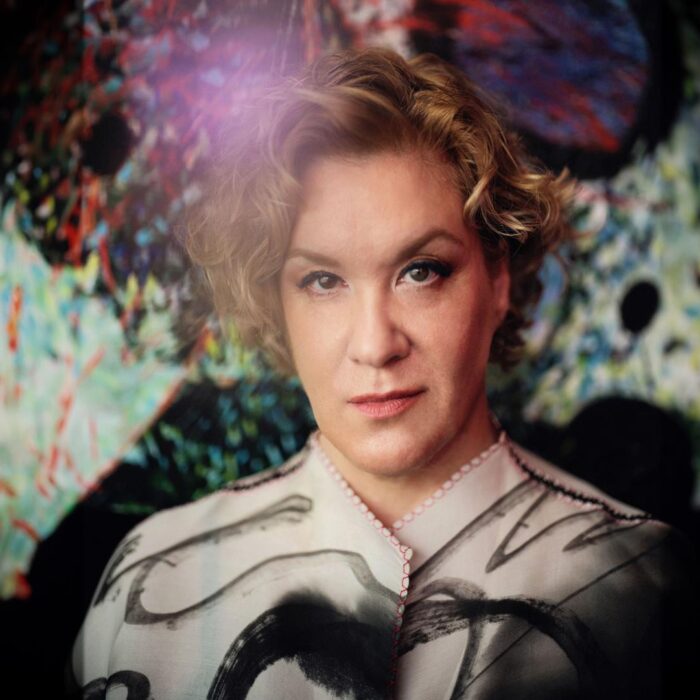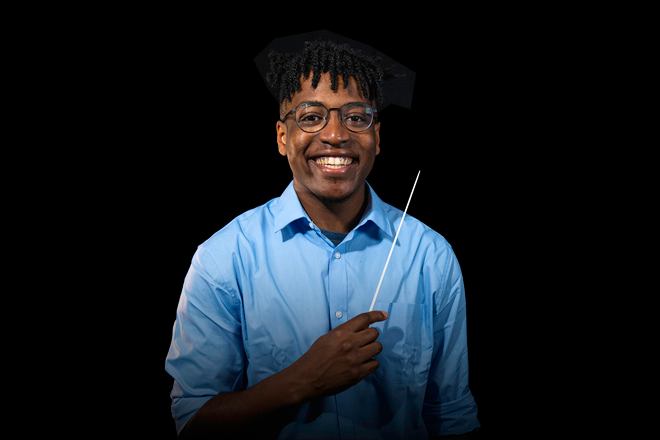
Opera Meets Film: The Emotional Impact of Mozart’s ‘Voi Che Sapete’ in ‘Wonder Woman 1984’
By David Salazar“Opera Meets Film” is a feature dedicated to exploring the way that opera has been employed in cinema. We will select a film section or a film in its entirety and highlight the impact that utilizing the operatic form or sections from an opera can alter our perception of a film that we are viewing. This week’s installment features Patty Jenkins’ “Wonder Woman 1984.”
Opera has a tendency to crop up quite a bit in superhero movies. We’ve examined Nolan’s “Batman” trilogy and how Boito’s “Mefistofele” serves as a thematic throughline for the trilogy. We’ve seen how the entire Marvel cinematic universe is layered with operatic references.
And now it’s time to take a look at “Wonder Woman 1984” and how director Patty Jenkins employs a famous operatic excerpt for one sequence in the film.
Diana (AKA Wonder Woman) has wished for the return of her former flame Steven Trevor and a magical stone grants her that desire (albeit in the body of some random stranger). In any case, after a night together, Diana introduces Steve (who previously died during World War I) to the modern world of 1984. As they enter a subway station in Washington D.C., we start to hear, for the first time in the DCEU films from 2013 onward (to this point anyway), an opera aria. In this case, we hear the opening lines of “Voi che sapete” from Mozart’s “Le Nozze di Figaro.”
For the next three or so minutes, the iconic aria plays while Diana takes Steve and shows him around D.C., taking him to an art museum, the outdoors, and eventually a space museum. The sequence is intended to be lighter-hearted than most of the remainder of the film, which focuses on the disintegration of self in the face of greed and lust for power. But Diana and Steve’s brief reunion in the film serves as the lone bright spot in this darker film and this sequence, in particular, provides its greatest sunshine.
And that’s the whole point of the Mozart aria: the warm, playful innocence of the music perfectly resembles the idyllic nature of Steven and Diana’s own romance; it is ethereal and intimate in a way only the operatic voice can be. Obviously, this being a sequence about lovers, it can’t be lost on anyone that the aria is Cherubino’s own inquiry on the beauty of love. In this manner, the choice here is a bit on the nose, but it does reflect Diana’s own doubts and questions about her inability to find love after Steve.
It amounts to a very small percentage of the overall runtime, but the choice of music, which stands alone amidst a soundtrack featuring pop/rock songs and a symphonic score that is more typical of other superhero movies, adds to the importance that Jenkins wanted this sequence to represent. She could have easily gone in any direction with the music to accompany the sequence of delight, something perhaps even more recognizably romantic in many ways.
But she chose the lone operatic excerpt in this cinematic universe (to date). She wanted it to stand out in a very prominent way. These scenes actually represent the only time in the entire film (and in Diana’s relationship with Steve through two films) where the two get to just enjoy one another and bask in the joy of their love together without fear of something bigger potentially ruining it. The transcendent nature of their love is thus reflected in this eternal aria, cementing their feelings’ enduring nature all the more.
Categories
News

